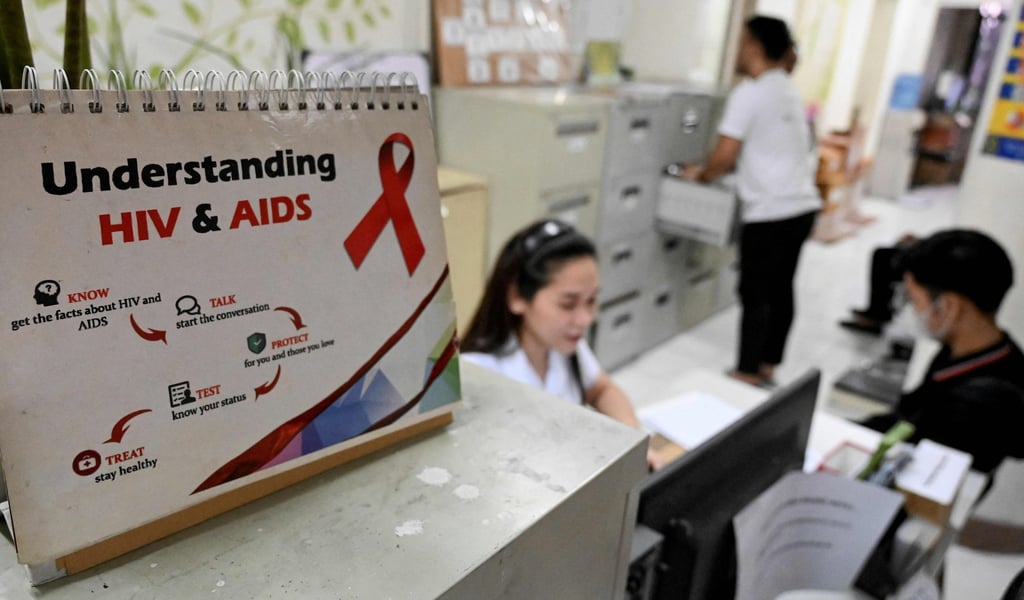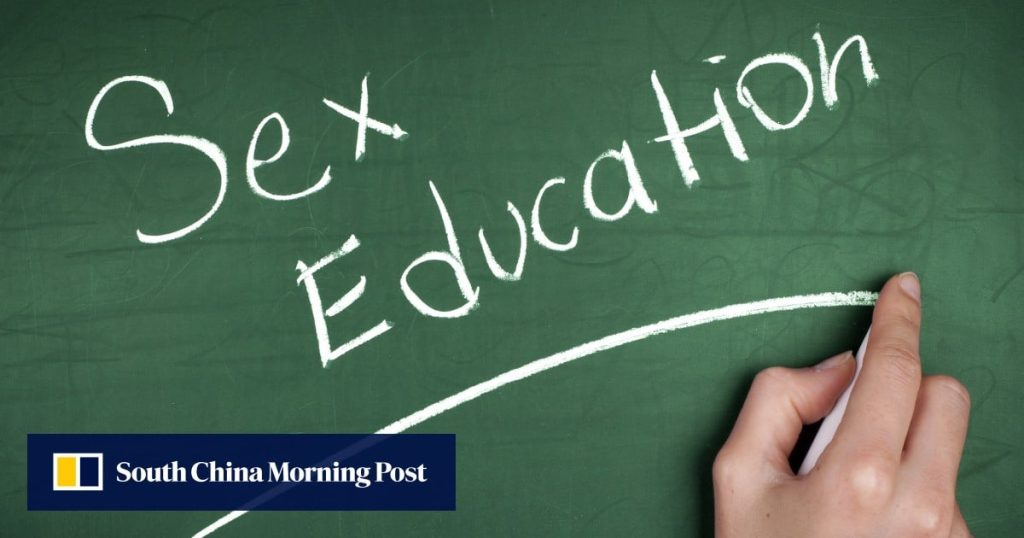In the nationwide survey conducted in March, 73 per cent of respondents agreed it was important to teach “concepts of sexuality, sexual health and family planning in schools in an age-appropriate and culturally sensitive manner to help students make responsible and informed choices”. Just 13 per cent disagreed and 14 per cent were undecided.
The results, released last week, suggest a growing openness among Filipinos to comprehensive sexuality education, despite persistent opposition from religious groups and conservative lawmakers in the Catholic-majority nation.
Commissioned by the Philippine Legislators’ Committee on Population and Development (PLCPD) and conducted by Pulse Asia, the survey comes amid rising concern over teen pregnancies and sexually transmitted infections.
Data from the Philippine Statistics Authority shows that births among girls aged 10 to 14 rose from 2,411 in 2019 to 3,343 last year. Of these, only 22 babies were fathered by boys of the same age, with the rest – more than 99 per cent – attributed to older men.

HIV cases in the Philippines have also skyrocketed by 550 per cent from 4,400 in 2010 to 29,600 in 2024, with 252,800 Filipinos estimated to be living with HIV in 2025, according to the World Health Organization.


